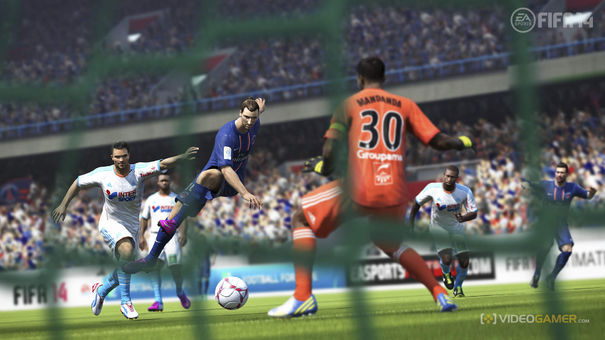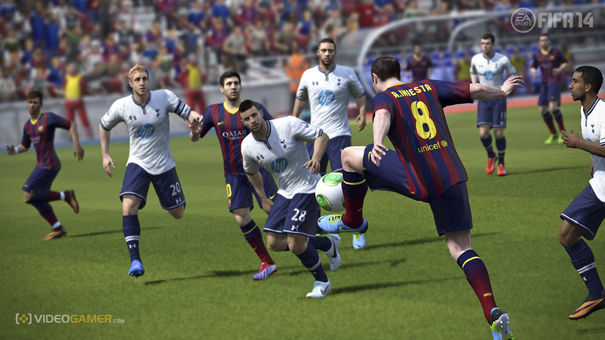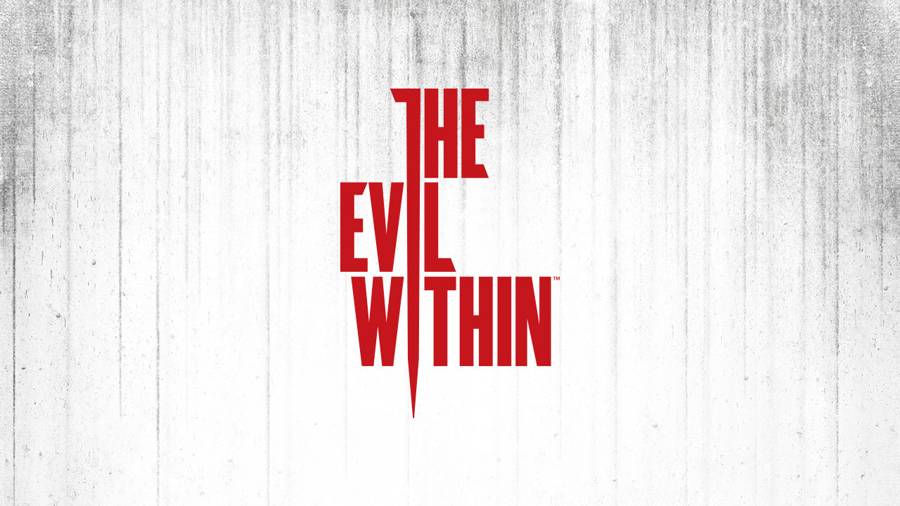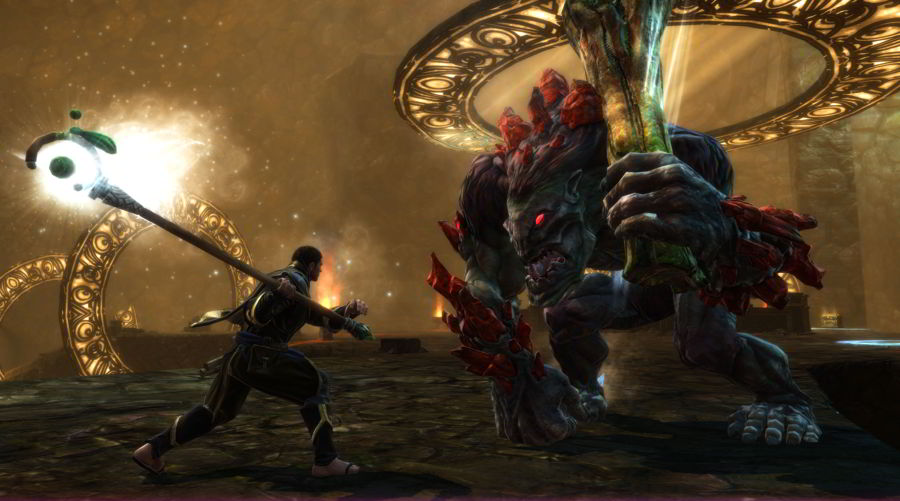



As tasks go, pleasing everyone with the newest FIFA is a task more impossible than climbing Everest in a wetsuit. Every year, EA make changes to the game, because you can't just re-release the same old thing, as much as certain people would have you believe. Invariably, these changes either delight players, or - to put it mildly - don't go down very well at all.
The latter was the case for our very own Brett Phipps, who we sent to play a new build of FIFA 14 at EA's Guildford HQ. He wasn't very impressed, frustrated at the new sprinting, first touch and turning mechanics. Here's a sample quote: "[EA's] approach to creating a slower game of football has done a disservice to the excellence of the real world athletes. You should not lessen a player’s ability in order to bring balance to a game."
Having gone hands-on with the game myself (albeit an earlier build), I couldn't disagree more with Brett, but that doesn't necessarily mean he is wrong. This may all sound a bit 'ITT: opinions', but there are very few titles that seem to change as much between preview builds, let alone games, as FIFA. It's interesting to ask why that is.
Putting to one side the possibility that EA may very well have actually changed things dramatically since I last played it - something that's not uncommon, which we'll get to in a minute - the difference in opinion between Brett and I highlights just how difficult it must be to iterate on a FIFA project.
Not a lot of people have experience of shooting terrorists or aliens in the head, but everyone has an opinion on how a football game - especially FIFA - should play, which makes critical judgments either way slightly more contentious than with other titles.
That's why sports games have so much discussion attached to them; just as in real-life, people love talking shit about their favourite teams, and their digital recreations. Heated arguments about which PES was best were a frequent occurrence last generation (it's PES 5, by the way, followed by 3. 4 was rubbish), and FIFA's rise has now made it the premier office disagreement engine.
But what is the cause of such a vast difference in opinion of the same game? Personal preference, EA Canada messing things up between builds, or a bit of both? There is precedent for EA making strange, potentially harmful changes, sometimes even as late as between review and retail releases. Reading Brett's piece I was struck by how reminiscent this apparent downturn is of what I saw with FIFA 11.

That year saw the debut of the then-new physicality engine, and the difference in speed and general playstyle between the review copy and the retail one was sizeable (at first, I presumed I'd just imagined it, but then a colleague rang, unprompted, to say exactly the same thing).
I can't say for certain what happened, of course. I didn't make the game. But it's not uncommon for publishers to send out review code, and then continue to work on the game (hey, that's what day-1 patching is all about). One high-profile PR - not from EA - once called in a panic to offer me the latest build of a big release, three hours before deadline. Not much help, but it happens, and it's another potential reason for the strange rhythms of any FIFA p/review campaign: time is always a factor.
With review embargos for print and magazine deadlines being different (print usually gets code a while before, thanks to the longer lead times), along with other concerns, what we see isn't always what you get. It's a frustrating turn of events for us; imagine how it must be for the developers. I once interviewed producer Sebastian Enrique, and asked when he stopped working on new features for the current version of FIFA. He said December/January.
That's around 8 months of working with what's already there, tweaking, changing, and possibly even damaging some of the work they've done, not out of malice, but out of simple obligation to release a new version every year. Or two, this time around, with the next-gen version coming as well. I wouldn't be surprised if the next time we saw FIFA, it is in a much different state. What state that is, however, is anyone's guess.



